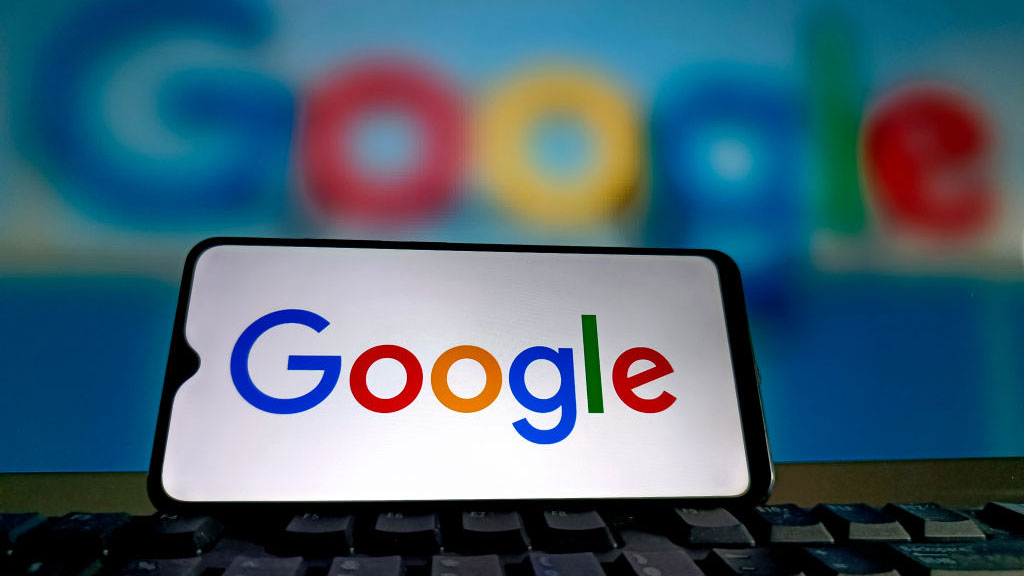U.S. Judge Rules Google Illegally Monopolized Ad Technologies
NAB applauds decision as example of how Google’s market dominance has hurt broadcasters

In a ruling that could have a major impact on the digital advertising market, a federal judge has ruled that Google has monopolized some types of advertising technologies in violation of U.S. antitrust laws and used that market power to illegally dominate the online ad market.
The U.S. Department of Justice and eight states filed the case against Google in January 2023. Eventually, nine more states, for a total of 17, joined the Justice Department in filing an amended complaint. They accused Google of illegally leveraging its control over various ad tech tools to unfairly favor its own products and harm competition. The ruling was made after a three-week bench trial.
“Plaintiffs have proven that Google has willfully engaged in a series of anticompetitive acts to acquire and maintain monopoly power in the publisher ad server and ad exchange markets for open-web display advertising,” Judge Leonie Brinkema of the U.S. District Court for the Eastern District of Virginia ruled in an April 17 opinion. “For over a decade, Google has tied its publisher ad server and ad exchange together through contractual policies and technological integration, which enabled the company to establish and protect its monopoly power in these two markets. Google further entrenched its monopoly power by imposing anticompetitive policies on its customers and eliminating desirable product features. In addition to depriving rivals of the ability to compete, this exclusionary conduct substantially harmed Google's publisher customers, the competitive process, and, ultimately, consumers of information on the open web. Accordingly, Google is liable under Sections 1 and 2 of the Sherman Act.”
After the three-week bench trial and extensive post-trial filings, the Court did, however, reject one of the claims in the case, ruling that “Plaintiffs have failed to prove that there is a relevant market for open-web display advertiser ad networks.”
The ruling adds to the legal woes facing Google, which has dominated digital advertising in recent decades. Last August, Judge Amit P. Mehta of U.S. District Court for the District of Columbia ruled that Google had abused a monopoly over the search business.
The rulings in those cases could lead to a breakup of Google, which is worth more than $1.8 trillion, and could lead to major changes in the online and digital advertising markets, which continue to grow at the expense of traditional media.
It is also part of increased regulatory pressure on “big tech” companies that includes a separate case against Facebook brought by the Federal Trade Commission that alleges Facebook operates an illegal monopoly. That antitrust case is currently being tried.
Get the TV Tech Newsletter
The professional video industry's #1 source for news, trends and product and tech information. Sign up below.
National Association of Broadcasters President and CEO Curtis LeGeyt applauded the ruling and expressed the organization’s hope that it might prompt action by the Federal Communications Commission to reduce regulations faced by broadcasters and create a more level playing field.
“Today’s decision affirms what local broadcasters and other publishers have long known: Google has used its dominance in the online advertising marketplace to disadvantage content creators and tilt the playing field,” LeGeyt said.
“We commend the Department of Justice for taking on this critical case," he continued. "As policymakers and regulators consider the implications of this ruling, we urge them to recognize that the same Big Tech dominance harming digital publishers is also undermining the advertising revenue local broadcasters rely on to serve their communities. We are encouraged that the FCC, under Chairman [Brendan] Carr’s leadership, is taking steps to modernize its rules and look forward to swift action that begins to level the competitive playing field.”
George Winslow is the senior content producer for TV Tech. He has written about the television, media and technology industries for nearly 30 years for such publications as Broadcasting & Cable, Multichannel News and TV Tech. Over the years, he has edited a number of magazines, including Multichannel News International and World Screen, and moderated panels at such major industry events as NAB and MIP TV. He has published two books and dozens of encyclopedia articles on such subjects as the media, New York City history and economics.

